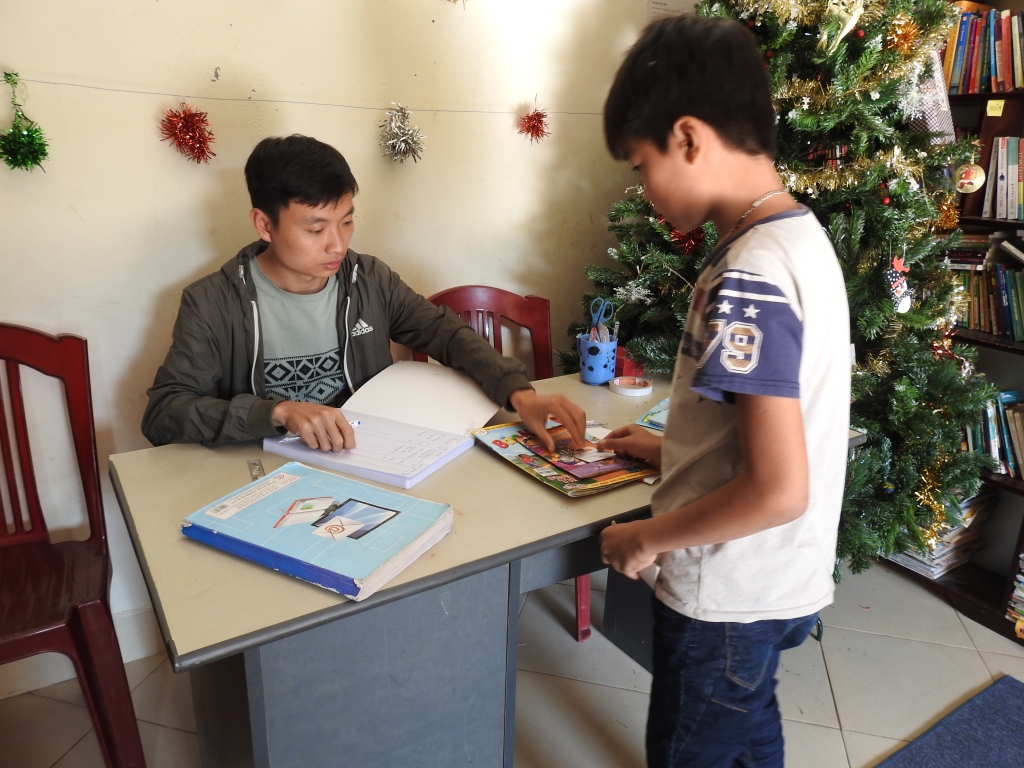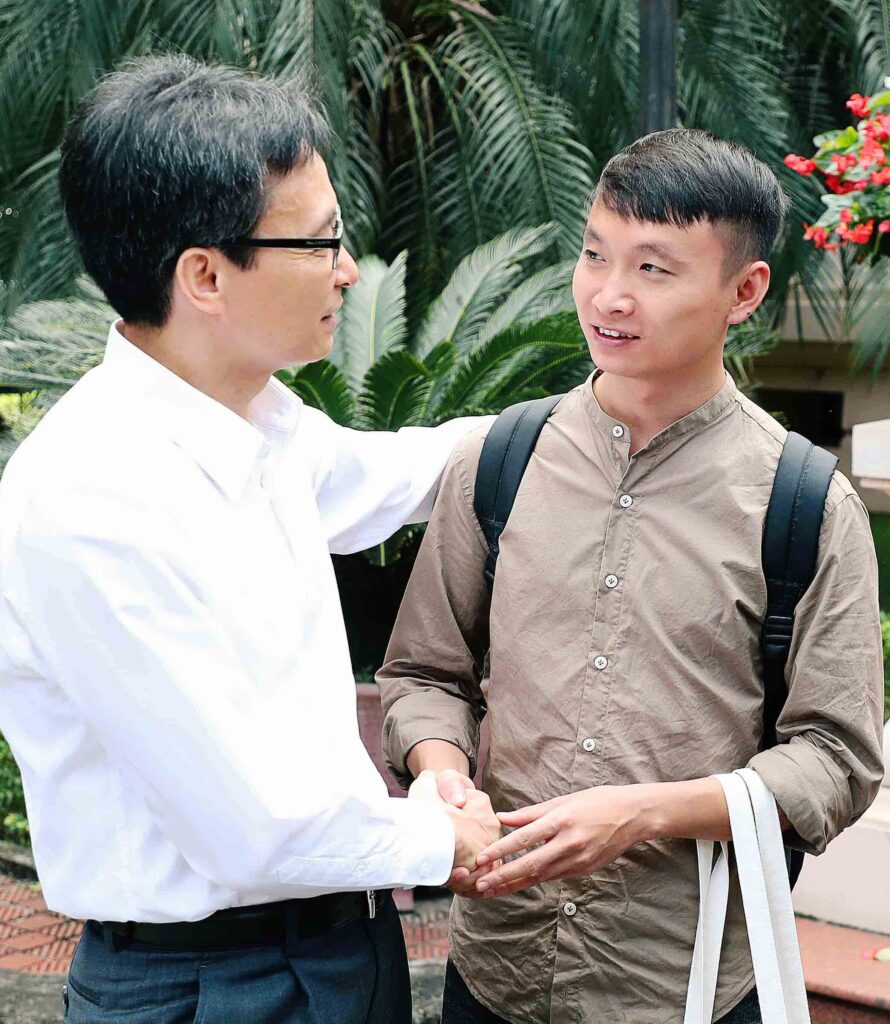PLO 01
Statement of Competency: Advancing Equity and Justice
The American Library Association’s Library Bill of Rights states that everyone has the right to use library resources and services, no matter their background or beliefs. I believe libraries are truly for everyone only when people from all walks of life feel welcome and have equal opportunities to access, use, learn, and grow. This means actively promoting fairness and justice in all aspects, including the library mission, statement, strategy, policy and taking action in library works, library services, and all forms of information. A simple example is offering collections, programs, and services that represent all community groups, not just a select few.
To make this a reality, libraries and librarians must ensure everyone can actually visit and use the library, free from barriers based on identity, background, abilities, origin, or any kind of prejudice. This requires libraries to work hard to provide equal access to information and opportunities.
Equity and justice, a core principle of my MLIS program, guides my professional path. For me, it’s not just theoretical; I actively work toward it by acknowledging historical inequities, understanding community needs, and taking concrete steps to remove barriers to information access in the field, in workplaces, and in academic settings. As a librarian, I’m committed to upholding ethical and professional standards and advocating for policies that promote a just and equitable information society. My coursework, professional experience, and extracurricular activities have equipped me to meaningfully contribute to this goal.
1.1 Identifying Systemic Information Inequality

One of the first steps in promoting fairness is identifying barriers to information access. In Vietnam, after the renovation period and recovery from war, many rural communities lacked libraries and resources, making it difficult for children and young people to learn. This was the case in my hometown, a rural area just 20 km from Hanoi, where there was no public library in the commune. Worse, internet cafés drew young people into online gaming, often with negative influences. Recognizing this issue, my friend and I co-founded Duong Lieu Library (Thư viện Dương Liễu) in 2013. My library began with the simple aim of providing a place for the community to read and enjoy books. It’s now considered one of the most effective community libraries in Vietnam. Although privately owned, the library is community-based and all because of the community. It provides free books, technology, educational programs, spaces and services for everyone. Despite limited opening hours, we welcome everyone to visit. For the past decade, all library services and resources have been free, with no deposits required—only trust. Due to the population characteristics, equity and justice were not explicitly part of our mission in the early years, yet we always signified that the library was for all, and everything would remain free of charge.
In my IST 511 – Cultural Foundations of Information Studies course, I explored how information can be unequally distributed in my essay Critical Cultural Information Essay. In this paper, I examined the transformation of information access over time, defined different modalities in which information can be conveyed, and analyzed how systemic changes in information distribution could lead to inequity. I emphasized the role of libraries in ensuring that “information is readily available, advanced, elevated, disseminated, and accessible to all patrons without barriers.” This reflects my firm belief in the function of a library as an information center and its pivotal role in fighting injustice.
1.2 Interrogate and internalize professional ethics, values, standards, and principles.
Ethical principles, core values, and professional standards are essential for libraries and librarians to effectively serve their communities. I have applied and reflected on these throughout my academic and professional journey. In 2018, I was invited to present at a national library conference hosted by the Department of Library (Vietnam’s government agency overseeing library management) as one of the youngest librarians. My presentation, “The Library’s Role in the Development of Vietnamese Culture,” explored how my community library promotes values central to the library profession: cultural preservation, fosters lifelong learning, and supports social inclusion.
Though I was self-taught and relatively inexperienced at the time, my presentation emphasized integrity, public service, and community engagement—key ethical principles and values. It also reflected professional standards by focusing on user needs, equitable access, and the library’s role in cultural development. I shared practical examples of how my library upheld these standards through inclusive programming, resource sharing, and youth engagement.
Beyond the presentation, my ongoing library work has involved a constant process of examining and improving services to align with both local needs and professional expectations. This included responsible use of resources, transparency in operations, and efforts to maintain quality services despite limited funding. After the conference, I was honored to speak with Mr. Vu Duc Dam, Vietnam’s former Deputy Prime Minister, who showed strong support for libraries, which further reinforces my commitment to professional ethics, values, and national development principles.

1.3 Create and support policies that reflect principles of a just and equitable information society
To truly advance equity and justice, libraries must create and support policies that promote fairness in an information society. To contribute to this goal, I have worked on policies to improve access to information, both in Vietnam and in my coursework.
In 2018, I was honored to be selected as a representative of Vietnam’s community libraries to contribute to the drafting of the Vietnam Library Law. This was a valuable opportunity to advocate for improvements that ensure equitable support for rural libraries and better access to professional development and exchange programs for community librarians, many of whom, like myself, are self-taught. I emphasized the importance of community-driven library models and recommended that the government create policies to fairly support grassroots librarians and their libraries. For example, I proposed that local governments offer preferential policies to reduce electricity costs for libraries, and I encouraged the Vietnamese government to provide more learning and exchange opportunities for private and community libraries. Although my role may not be considered direct policymaking, it allowed me to bring my experience to the process and advocate for the essential role community libraries play in promoting social justice.
1.4. Demonstrate a commitment to lifelong learning via engagement with users, communities, colleagues, and professional networks
Lifelong learning is crucial for professional growth, particularly in the ever-changing field of library and information science. This principle is also central to my library’s strategic plan for 2024–2028. My own path to becoming a professional librarian reflects this commitment to continuous learning. My long-term volunteer management of the Duong Lieu Library demonstrates this. Over the past decade, I’ve seen firsthand how the library has transformed me, from the difficult decision to leave a secure full-time job at a well-known Japanese agency to pursuing an MLIS degree and returning to Vietnam to contribute my experience and education to my library and the Vietnam Local Library Network.
I’ve consistently worked to expand the library’s impact, not only through collections, services, and literacy programs, but also by redefining what an ideal library can be in Vietnam. My practical experience is grounded in self-learning, direct engagement with users and communities, and active participation in professional networks to enhance the library’s role.
Furthermore, during my short time in the United States, I became a member of the Association for Rural & Small Libraries (ARSL), aiming to contribute as a representative of rural Vietnamese communities in a professional network abroad. Although my engagement with ARSL has been limited, I have never had a chance to join any conferences. I actively sought to gain valuable insights into best practices for serving diverse populations and strengthening my ability to apply innovative strategies in my work in Vietnam.
Conclusion:
All these experiences have shaped my understanding of equity and justice in libraries, both in professional and academic settings at the iSchool. I see myself as a lifelong learner, continuously working to identify information barriers, advocate for fair policies, and uphold ethical practices. Moving forward, I plan to:
- Expand Duong Lieu Library by replicating the model to reach more underserved communities in Vietnam.
- Advocate for stronger library policies that promote inclusivity in Vietnam.
- Participate in librarian training programs focused on ethical and equitable information practices.
- Collaborate with international library organizations to exchange experiences and best practices.
In short, my studies and experiences have prepared me to have more understanding about equity and justice in the library field. I am committed to making libraries more inclusive and accessible, ensuring that all communities have the information and resources they need to thrive.
Reference:
“Equity, Diversity, Inclusion: An Interpretation of the Library Bill of Rights”, American Library Association, July 5, 2017
https://www.ala.org/advocacy/intfreedom/librarybill/interpretations/EDI (Accessed February 19, 2025) Document ID: 5a463fdd-ba23-4450-bf78-5addefeb9c71
Stephens, M. (2016). The Heart of Librarianship: Attentive, Positive, and Purposeful Change.
List of program outcomes: